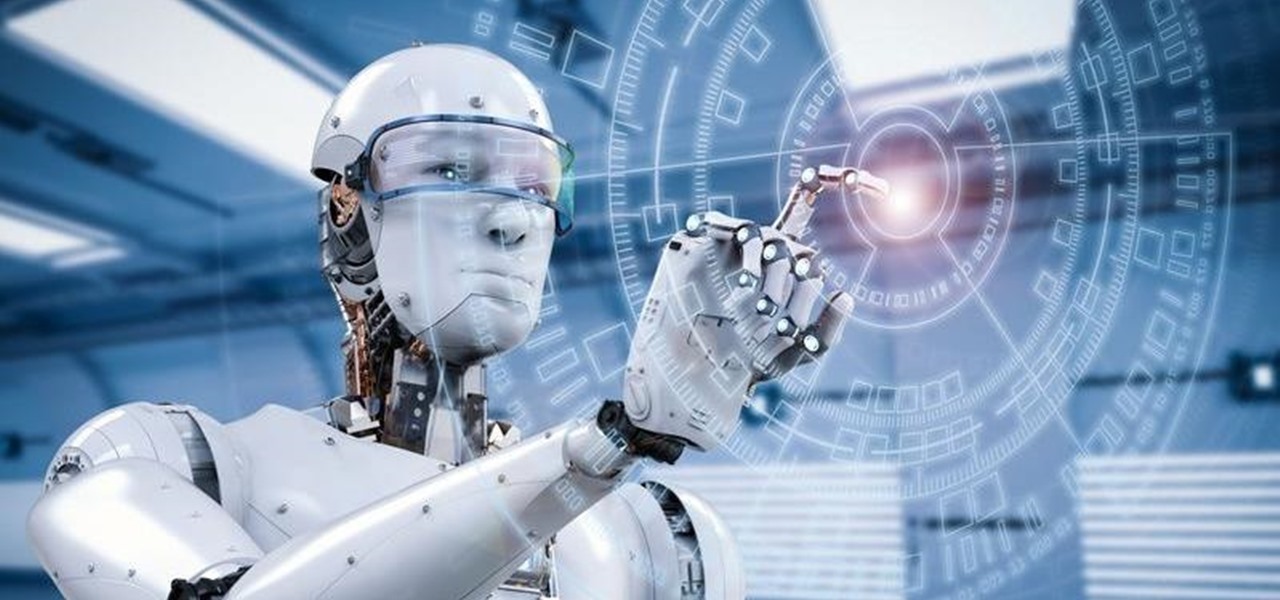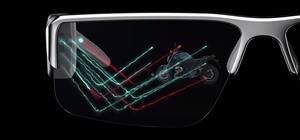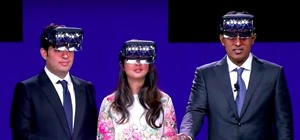Peaceful optimism doesn't sell as well as gritty conflict.
Science fiction stories that feature artificial intelligence usually have apocalyptic themes or disastrous consequences for the human characters. Hollywood has a strong selection bias for the darkest visions of an AI-enabled future because that's what makes compelling on-screen moments. These stories don't form in response to reality, and they don't serve to educate the audience either. They are fiction spun for our entertainment.
No one's about to interpret Terminator as an artificial intelligence textbook, but this stripe of movie still informs the popular conception of AI technology. We all know that a silver humanoid robot firing a shotgun while driving a motorcycle is pure imagination, but we still expect AI systems to anticipate our needs and be highly conversational in the language of our choice. We think these things because movies condition us. They furthermore propagate the idea that these systems will eventually turn malevolent against people.
So where does the movie end and reality begin?
After more than a decade running AI startups (not to mention degrees in math and computer science), my vision of our AI-enabled future is distinctly positive. This family of technologies is going to unlock new abilities and intellectual capacities for us, delivering a new normal to human society. It deserves careful thought and preparation.
That's why science fiction is a double-edged sword for artificial intelligence: movies make it easier and harder all at once to talk about AI.
Movies can encourage people to reevaluate their relationships with technology.
We all have that friend or family member who's a mindless technology consumer. This person might burn entire weekends watching Netflix and Hulu, then spend the week scrolling Twitter and Instagram to dish out likes on other people's content. Then they might put on a virtual reality headset to escape to a hyper-realistic world that doesn't actually exist at all.
This kind of passive relationship with technology will certainly fill your days, but AI requires more thought from us than that. Strong AI systems of the future will automate low-level intellectual tasks to nothing, changing the way our brains work in the long term. It will require a lot of mindfulness to manage this new reality gracefully.
Science fiction can be a lightning bolt that stirs the viewer's mind to closer awareness of this. Black Mirror is a strong example — the thought-provoking dystopian series is fairly described as The Twilight Zone for the iPhone generation. Technology is an animating force in every episode, usually the source of a character's central problems. Attentive viewers can't help but wonder what technological forces might be contributing to their own success or failure.
Before his death, Stephen Hawking famously made public noise that we must plan for the arrival of mature AI as if we have a 20-year warning that an alien race is headed to Earth. Now that's a sci-fi conversation with productive intent behind it.
But movies also add noise to what must be a thoughtful conversation.
Artificial intelligence stands to be the most transformative technology developed by humankind, but it's hard to talk about it meaningfully if those conversations devolve to Star Trek references.
Doomsday robots and malicious superintelligence have nothing to do with real AI in 2019, but almost every sci-fi movie shows us these images anyway. They're meant as innocuous entertainment, yet they end up fueling the unconscious narrative that AI will spell the end of the human race.
AI domain experts scattered across business and academia mostly don't care what sci-fi says. When summer blockbusters constantly infringe on your area of expertise, they aren't entertaining. They're irrelevant at best, if not straight-up annoying to someone working a career in AI. Those experts are too busy developing real technology to get bogged down in a heavy conversation weighed down by lots of sci-fi "what-if."
Hollywood manufactures entertaining conflict to capture an audience and make money. But modern AI development is about solving real problems, not inventing fake ones.
That's why science fiction is a polarizing, double-edged sword in AI.
































Be the First to Respond
Share Your Thoughts